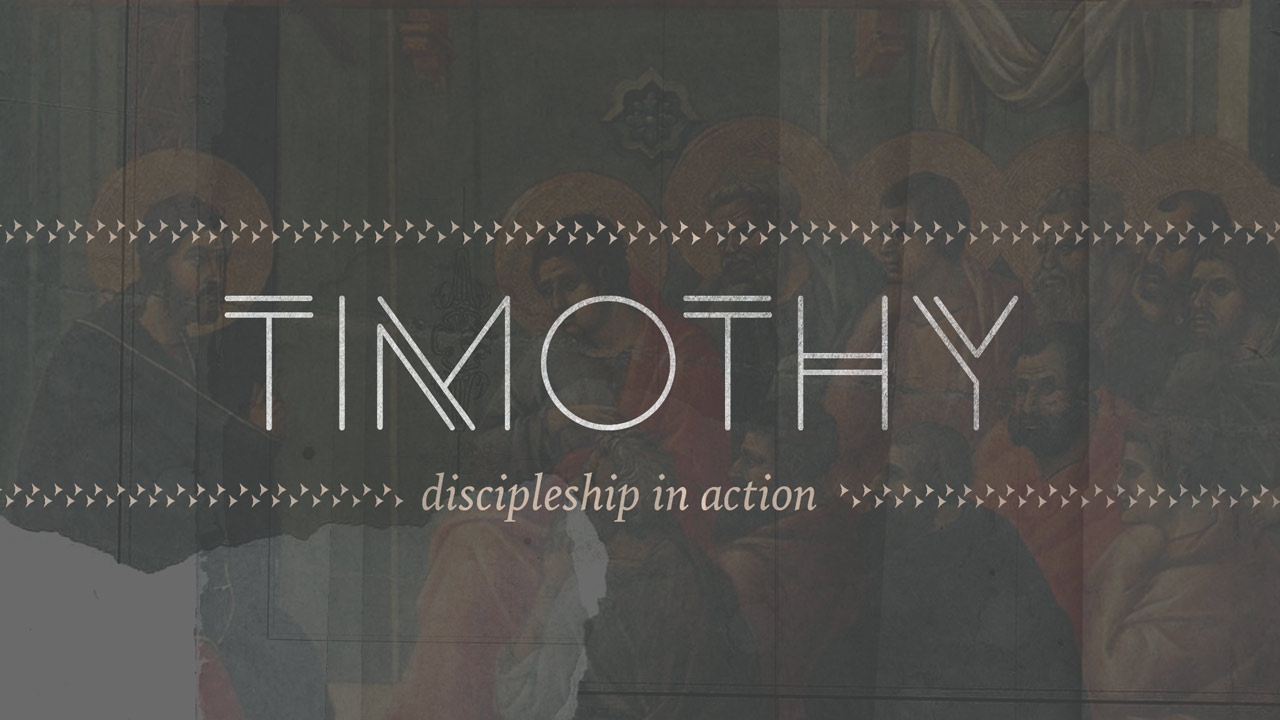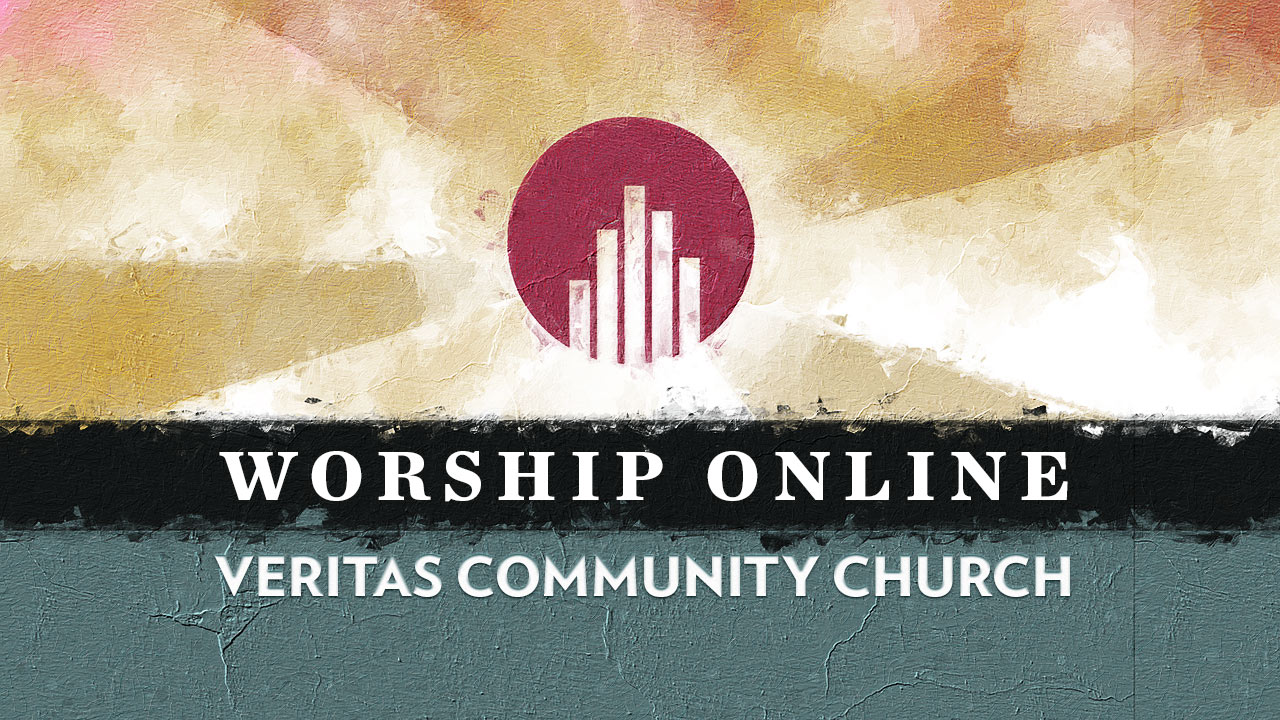
The Desire and Design of God for the Church
Congregation: Tri-City
Series: Timothy
Speaker: Brad Snyder
Scripture Text: 1 Timothy 2:1-15
Reflection
Prayer is a key part in the life of a believer and yet it is something many believers struggle to understand, to do regularly or to experience in meaningful ways. Sometimes this is the result of a lack of understanding regarding prayer, frustrations from past prayers that seem unanswered, or an ongoing battle with distractions and priorities. But for us to fail to press into these barriers or to not prioritize prayer in our life is to miss out on a huge means of grace and, more importantly, is a failure to recognize who God actually is.
Scripture shows us that the effectiveness of our prayers lies not in our effort, technique or words, but rather in our knowledge of who God is. Our knowledge of and access to our Father God in prayer is made possible through the work of Jesus Christ by the revealing power of the Holy Spirit. Prayer should be seen as “a personal, communicative response to the knowledge of God… …Prayer is continuing a conversation that God has started through his Word and his grace which eventually becomes a full encounter with him.” (Timothy Keller, Prayer: Experiencing Awe and Intimacy with God.)
From scripture, we see three basic kinds of prayers that should be a regular part of the believer’s life.
“Upward” prayers are prayers of praise, thanksgiving and adoration. In these we place our gaze on the holiness and majesty of our Creator God. We praise and thank him for his grace and kindness. We adore his character and love. Although the focus of this type of prayer is God, it has an effect on us in that it develops in us a love for God. Prayers of praise and adoration cultivate in us a continued and growing love (worship) for God above all things.
The second type of prayer is the “inward” prayer. This is the prayer of confession, the prayer of self-examination. The inward prayer leads us to recognize and confess our sin, lamenting our brokenness and the brokenness around us, and, in return, experience a growing awareness of the grace and love the Christ has given to us through his costly sacrifice.
Finally, supplication and intercession are summed up in the third type of prayer. In these “outward” prayers, we cry out to God in request of things for ourselves, for others and for the world. Scripture informs us to boldly ask for our desires, and at the same time, ask God to fulfill his will and wisdom. This also plays a role in reshaping our hearts as we give our requests and desires to God and ask that his will would be done.
Questions:
- What are the biggest questions or barriers that keep you from regular, meaningful prayer?
- How does your knowledge of who God really is and the work of Christ affect how, when and how often you pray?
- Do you spend time exploring and pondering who God is? How can you pursue understanding his character more?”
- How does your prayer life reflect these three types of prayer? Are there any that you seldom pray?
by Pastor Joe Byler



Comments are closed.